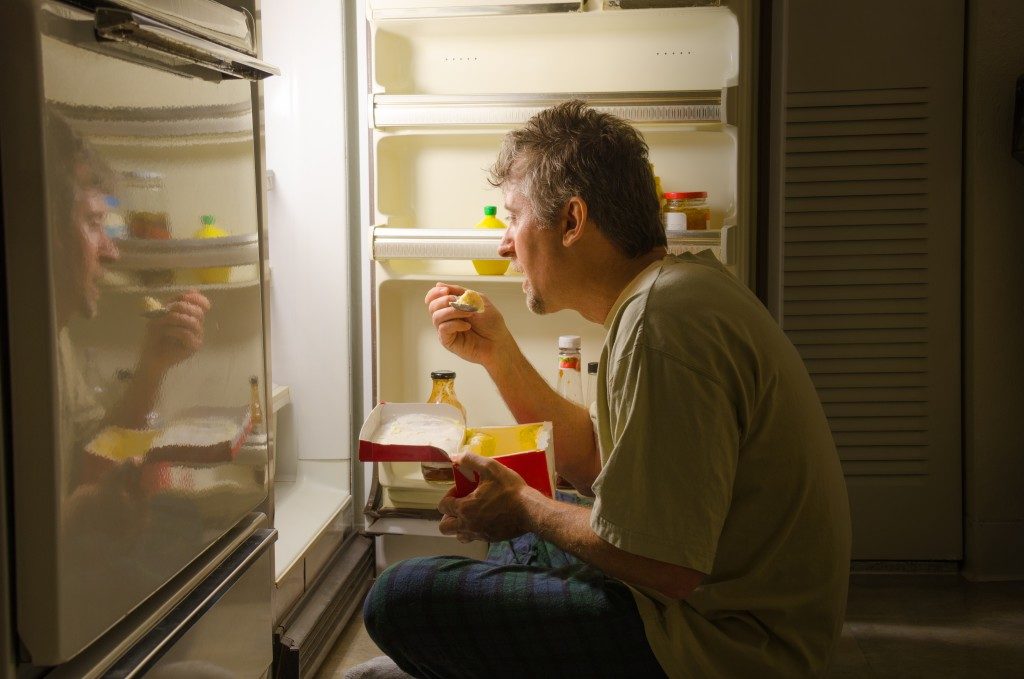Not many people know about it, but men can also suffer from eating disorders. People tend to call it a phase or even attribute it to being obsessively active and involved in sports. But, the truth is boys and men are equally prone to acquiring an eating disorder as women.
Eating disorders (ED) are a severe mental condition that can be treated with the right intervention. ED includes bulimia, binge eating disorder, anorexia, and more. The common misconception is that these disorders only affect women. This is primarily due to the fact that they’re underrepresented and under-diagnosed in men.
Understanding eating disorders in boys and men
In a survey posted on the National Eating Disorders Association, 10 million males can get affected by eating disorders at some point in their lives. At least 15% of these cases include bulimia nervosa and anorexia nervosa. The data includes binge-eating disorder, too. Twenty-two percent of young men even turn to dangerous means to build their muscles by involving themselves in disordered eating behaviors.
Men with anorexia nervosa often choose to have their condition untreated. It’s a result of the stigma that their peers hold against them. The stereotype that anorexia is a female disorder prevents them from getting the help that they need. Thus, making their situation even worse. Men diagnosed with eating disorders often get sick from the lack of medical intervention to help them cope with their condition.
According to an article in The Huffington Post, people often associate eating disorders with secrecy and isolation. Most people diagnosed with this disorder often try to keep the behavior hidden from the people around them.
Risk factors of eating disorders

Researchers show that there are a few differences between how eating disorders exhibit between men and women. A few studies show that while women are more prone to develop bulimia nervosa and anorexia nervosa, men often develop binge eating. Excessive fasting and exercising are also more prevalent in men. Meanwhile, women often exhibit laxative abuse and self-induced vomiting.
There could also be gender-specific issues in men that makes them feel that one’s body isn’t lean or muscular enough. Among these issues include trauma, weight history, sexual abuse, and depression. They also include body image issues, media pressures, and muscle dysmorphia. Research also shows that gay and bisexual males are more likely to develop eating disorders compared to heterosexual men.
Finding the right treatment
Although there is a treatment for an eating disorder, a lot of people are still hesitant to seek help. But doing so only puts them in more danger. Experts say that the risk of death among men who have eating disorders is higher compared to women.
Treatments can come in many forms. It’s essential to seek professional assistance to determine the right treatment to address the patient’s condition.
If you or any of your loved one needs help, male or female, it’s best to reach out to a medical professional. There is no shame in expressing your concerns and talking it through with someone who has the power to help.

